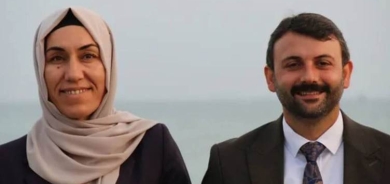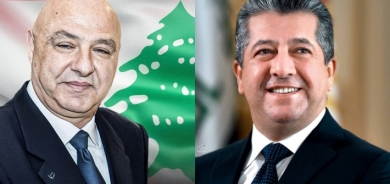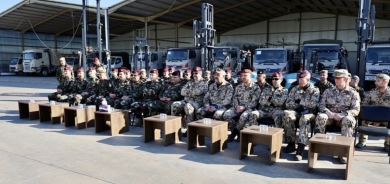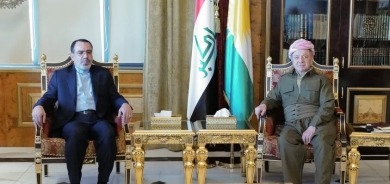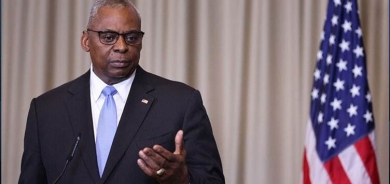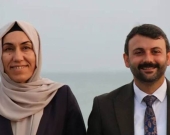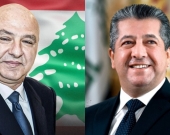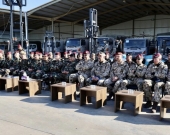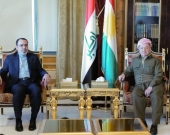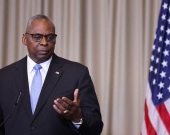Gül bleak on Kurdish woe

Turkish President Abdullah Gül has expressed a growing sense of pessimism over the Kurdish issue, suggesting that there appears little chance of a solution to the pressing problem at the moment.
“We must definitely remove this matter from our agenda. On the other hand, however, I frankly cannot say anything about how close we are to a resolution to this problem. Sometimes I [feel] optimistic, and sometimes I lose my optimism,” Gül told journalists yesterday during a flight back from the United States.
The Kurdish issue constitutes Turkey’s most pressing and vital issue, Gül said. If the Kurdish issue had previously been treated as the country’s most vital problem, then Turkey would not still be grappling with it, according to Gül.
“We ought to solve [the Kurdish issue] now so that it does not become part of the agenda in the future. There is incessant work on this here. [People] sometimes contribute to [these efforts] and sometimes sabotage them. Much [responsibility] falls on the shoulders of the BDP [Peace and Democracy Party] on this matter,” Gül said, according to daily Milliyet.
According to Gül, the State Supervisory Council (DDK) does not have the authority to investigate the botched air raid that claimed 34 lives in Uludere in the southeastern province of Şırnak last year. “If it had any [jurisdiction], I would not have hesitated to assign them the task,” he said.
The Turkish government kick-started the “Kurdish initiative” following a speech by Gül on March 10, 2009, in which he said “good things will happen [thanks to the initiative].” Later on Jan. 3, 2011, Gül also called for a raising of Turkey’s democratic standards to solve the country’s problems while speaking in the southeastern province of Diyarbakır.
“I had said good things would come about and good things are taking place. For more good things to happen, there should absolutely be no violence, terrorism, blood or conflict because this country belongs to us all,” Gül had said in his 2011 speech in Diyarbakır.
Gül later toughened his rhetoric, however, promising revenge on Oct. 19, 2011, in the wake of an outlawed Kurdistan Workers’ Party (PKK) attack that killed 24 Turkish troops in the eastern province of Hakkari’s Çukurca district.
Source: Hurriyet Daily News


